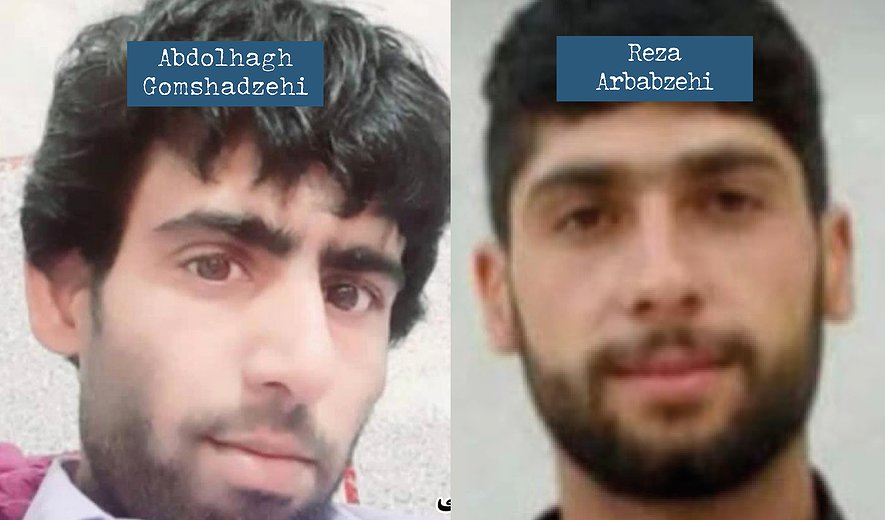Abdolhagh Gomshadzehi and Reza Arbabzehi Executed in Zahedan

Iran Human Rights (IHRNGO); November 11, 2023: Afghan national, Reza Arbabzehi and Abdolhagh Gomshadzehi, a Baluch minority, were executed for murder charges in Zahedan Central Prison. Meisam Chandani was previously reported to have been executed at the prison that day.
According to Haal Vsh, two men were executed in Zahedan Central Prison on 11 November. Their identities have been reported as Abdolhagh Gomshadzehi, a 33-year-old Baluch man and Reza Arbabzehi, a 23-year-old Afghan national.
Reza was arrested around three years ago and Abdolhagh around two years ago. They were both sentenced to qisas (retribution-in-kind) for murder.
Meisam Chandani, a Baluch man sentenced to death for charges of moharebeh (enmity against god), was previously reported to have been executed at the prison that day.
Ethnic minorities, the Baluch in particular, are grossly overrepresented in execution numbers in Iran. In 2022, at least 174 Baluch minorities including 3 women, were executed in 22 prisons across Iran, making up 30% of overall executions. This is while they represent just 2-6% of Iran’s population. Furthermore, at least 274 Baluch people have been executed for drug-related charges since 2021, 40% of all drug executions in that time period.
It is important to note that Afghan nationals constitute the largest group of non-Iranian executions and death row cases in Iranian prisons. In 2021, no execution of Afghan nationals was recorded until September, when five men were executed in the space of 35 days. On 10 October 2021, Iran Human Rights expressed its concern that the Taliban takeover in August had facilitated the execution of Afghan nationals. That number more than tripled in 2022, with 16 Afghan nationals including a juvenile offender and a woman executed. At least 7 Afghans have been executed in 2023 so far, with two publicly hanged on 8 July.
Those charged with the umbrella term of “intentional murder” are sentenced to qisas (retribution-in-kind) regardless of intent or circumstances due to a lack of grading in law. Once a defendant has been convicted, as the plaintiffs, the victim’s family are required to choose between death as retribution, diya (blood money) or forgiveness.

